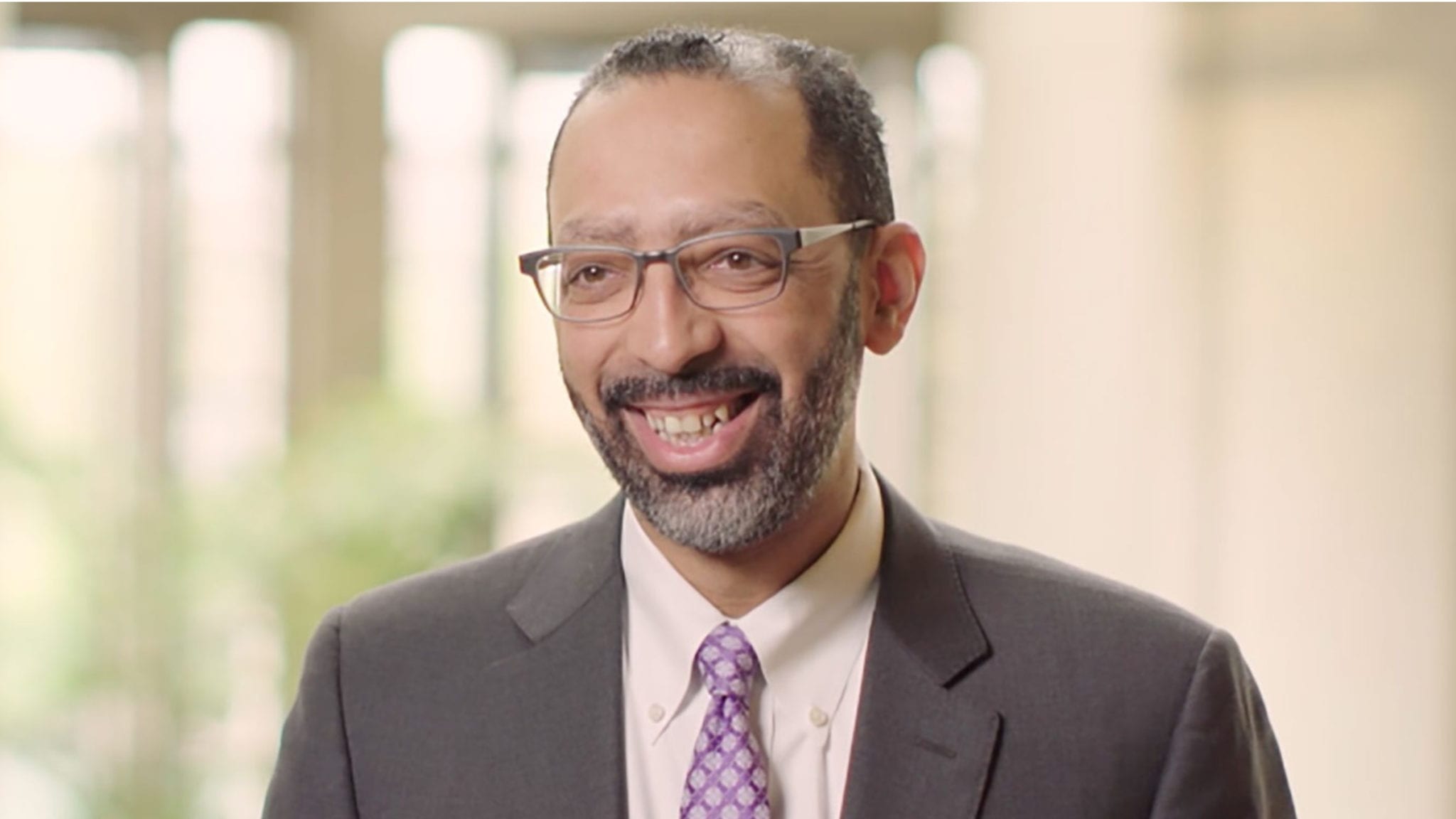
Roche nabs a priority review for Evrysdi, hoping to become the first oral treatment for infants with SMA
Roche has been duking it out with Biogen and Novartis ever since bursting into the spinal muscular atrophy space about a year and a half ago with its competitively priced oral treatment Evrysdi. Now the pharma giant is looking to stake its claim in a younger subset of patients — and the FDA has agreed to give it a speedy review.
Regulators have granted priority review to a supplemental NDA for Evrysdi (risdiplam) to treat pre-symptomatic babies under 2 months old with SMA. While the drug is currently approved for adults, children and babies older than 2 months, a new approval here would make it the first at-home treatment available for younger infants. A decision is expected by May 30, according to Roche.
Unlock this article instantly by becoming a free subscriber.
You’ll get access to free articles each month, plus you can customize what newsletters get delivered to your inbox each week, including breaking news.